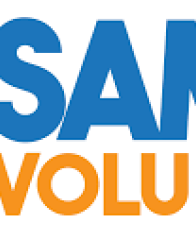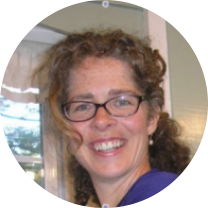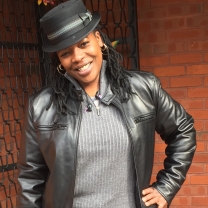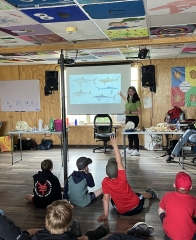 / Child Advocacy in Yokohama, Japan
Subscribe
/ Child Advocacy in Yokohama, Japan
Subscribe
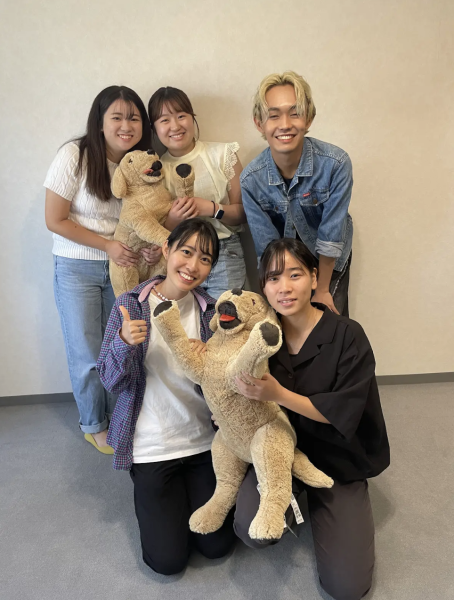
This summer, I delved into an issue that I have long been interested in but wasn’t sure I was ready to confront—child abuse. During high school, I often saw news stories about tragic cases where a single mother and her partner abused their five-year-old daughter to death, or about swim coaches or step-family members harassing middle school female students. Disturbingly, instead of expressing concern for the victims, people would often make jokes, comparing these incidents to scenes from pornography. These reactions deeply unsettled me and left me with a lingering desire to understand the complexities of child abuse more thoroughly. With my previous experience working in a psychology lab focused on children’s mental health at Wellesley, I decided it was time to explore this long-held interest more deeply.
My tasks at Tsunagg were entirely different from what I was accustomed to, as my previous work primarily involved conducting research and learning about the molecular mechanisms of the human body. At Tsunagg, I took on a variety of responsibilities that pushed me outside of my comfort zone. For example, I created pamphlets for children that explained how medical assessments are conducted after instances of sexual abuse, facilitated and engaged in professional forensic interview training, transcribed forensic interviews for the police department, and participated in judicial work shadowing. Visiting the court in person was both an intimidating and eye-opening experience where I was able to experience the anxiety children could face as a witness. I also had the chance to meet the trained courthouse dogs and assessed how they could contribute to decreasing the stress level children experience. Additionally, I brainstormed and planned projects aimed at raising awareness of child sexual abuse among the general public in Japan, and I translated journals about child abuse and forensic interviews from English to Japanese.
Initially, everything seemed foreign to me, and the weight of the subject matter was overwhelming. However, as I became more immersed in the work, I gradually grew more comfortable engaging in difficult conversations related to child abuse. I also learned the importance of taking breaks to manage the emotional toll of dealing with such a heavy topic.
Through this internship, I gained a deeper understanding of how the Child Advocacy Center system supports children and how forensic interviews are conducted to gather information, which were my primary objectives. I was particularly struck by how forensic interviewers must balance the need to collect accurate information with the need to minimize the stress experienced by the child. This delicate balancing act is something I recognize as vital to my intended career as a pediatrician, where ensuring proper treatment while reducing a child’s stress level is paramount.
What surprised me the most was the multidisciplinary nature of addressing child abuse. Effective collaboration is required among police officers, court judges, clinicians, teachers, counselors, courthouse dog handlers, and others. This collaborative spirit was reflected in the diversity of backgrounds among the people I met at our NPO. I encountered individuals from the fields of law, healthcare, marketing, education, animal therapy, and welfare, all working together with a shared passion for supporting children. It was truly inspiring to see how professionals from such varied disciplines could converge in their efforts to make a difference in the lives of abused children. I was also deeply impressed by the number of clinicians eager to learn how to better support maltreated children—in fact, one of our NPO’s co-founders is a child neurologist.
This experience has reinforced my aspiration to pursue a career in medicine. I am more determined than ever to become a pediatrician who ensures that every child has the opportunity to thrive, even if they have faced the trauma of child abuse. The multidisciplinary approach I witnessed at Tsunagg has also deepened my appreciation for the power of collaboration in achieving meaningful change. I am committed to continuing this journey, with the hope that my future work will contribute to a better understanding of how to support and heal vulnerable children.
